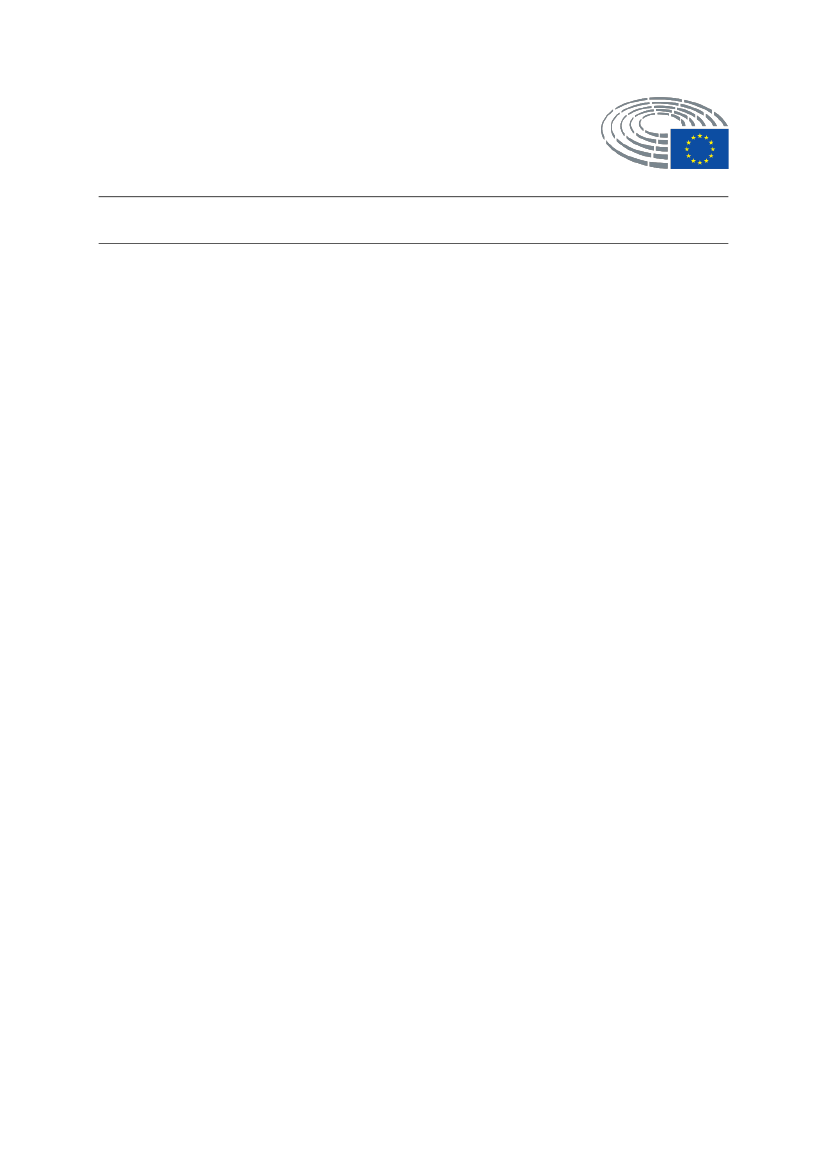
European Parliament
2014-2019
TEXTS ADOPTED
P8_TA(2016)0409
EU mechanism on democracy, the rule of law and fundamental rights
European Parliament resolution of 25 October 2016 with recommendations to the
Commission on the establishment of an EU mechanism on democracy, the rule of law
and fundamental rights (2015/2254(INL))
The European Parliament,
–
–
–
–
having regard to Article 225 of the Treaty on the Functioning of the European Union,
having regard to the preamble to the Treaty on European Union (TEU), in particular the
second, fourth, fifth and seventh recitals thereof,
having regard, in particular, to Article 2, Article 3(1), the second subparagraph of
Article 3(3) and Articles 6,7 and 11 TEU,
having regard to the articles of the TFEU relating to the respect for, and the promotion
and protection of, democracy, the rule of law and fundamental rights in the Union,
including Articles 70, 258, 259, 260, 263 and 265 thereof,
having regard to Article 4(3) and Article 5 TEU, Article 295 TFEU, and Protocols No 1
on the role of national parliaments in the European Union and No 2 on the application
of the principles of subsidiarity and proportionality, annexed to the TEU and to the
TFEU,
having regard to the Charter of Fundamental Rights of the European Union (the
Charter),
having regard to the Council of Europe’s European Social Charter, in particular Article
E thereof,
having regard to the Copenhagen criteria, and the body of Union rules that a candidate
country must fulfil if it wishes to join the Union (the acquis), in particular Chapters 23
and 24 thereof,
having regard to the European Convention for the Protection of Human Rights and
Fundamental Freedoms (ECHR), the case law of the European Court of Human Rights,
the conventions, recommendations, resolutions and reports of the Parliamentary
Assembly, the Committee of Ministers, the Human Rights Commissioner and the
Venice Commission of the Council of Europe,
–
–
–
–
–